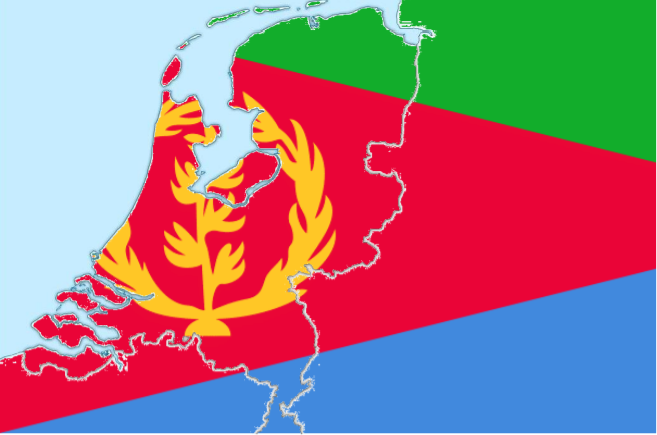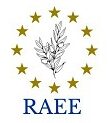Author: Smits, K., DSP-Groep, & Tilburg University. Edited by Berends, E. & Føns, S
Year: January 2020
Overview
This policy brief draws on research conducted in the Netherlands and the European Union to show how the Eritrean government control the people in the diaspora. Through infiltrators, various forms of intimation and the 2% diaspora tax, the Government of Eritrea aims to actively influence Eritreans outside Eritrea.

The Long Arm of the Eritrean Government
The Eritrean government has a grip on Eritrean refugees in the European Union. Its ‘long arm’ spreads fear, hampering integration and causing division. Through infiltrators, various forms of intimation and the 2% diaspora tax, the Government of Eritrea aims to actively influence Eritreans in the diaspora. The Netherlands, as well as other host communities, should be aware of this influence and protect members of the Eritrean diaspora from any harmful impacts that this influence might have on the asylum procedure, integration and personal wellbeing. This requires an understanding of the way this influence functions and its consequences. This policy brief draws on research conducted in the Netherlands and the European Union to show how this system of control functions and what its impacts are.
Recommendation
- EU member states need to collaborate and take action against the intimidation of
Eritrean migrants and refugees by the Eritrean government and the involvement of Eritrean embassies in such intimidation. This includes paying more attention to
police reports of such practices reported by the Eritrean community. - Intimidation practices need to be investigated proactively.
- There is a need for more clarity, less arbitrariness and more flexibility around the
documentation required for Eritrean asylum seekers and those applying for family reunification, so that refugees do not have to visit Eritrean embassies. - Customized support needs to be provided to Eritrean refugees and asylum seekers, which requires the following:
– Local governments and concerned organizations should be more informed about the situation of Eritrean refugees.
– A helpdesk should be set up to identify the problems facing the Eritrean community and communicate those to the institutions involved.
– More female counsellors should be appointed to help refugees and asylum
seekers, especially women and girls, to deal with issues around sexual violence.
– Eritrean interpreters need to be registered in a unified, country-wide registration system.
